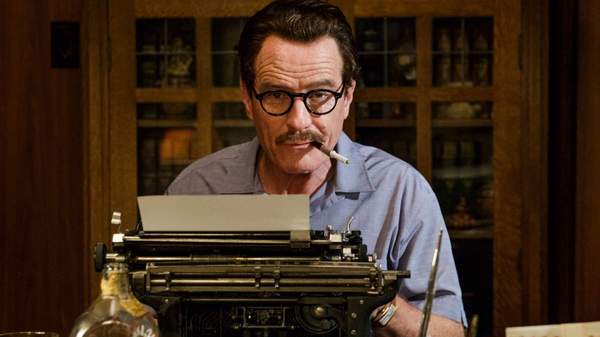Overview
Just this morning, Nike announced to the world that it had terminated its sponsorship agreement with boxer Manny Pacquiao on account of his offensive views towards same sex couples. It’s a timely reminder of the lengths to which corporations will go in order to protect their brand, even if it means dropping one of the biggest and most successful names on their books. The most powerful companies in the world understand that such power exists only insofar as the public continues to allow it, for without their buying power, these companies are nothing.
The most famous and certainly most destructive example of this approach took place in the 1950s, when Hollywood’s major motion picture studios agreed to blacklist a group of their most successful screenwriters on account of their affiliation with the communist party. No crimes were committed, no treason alleged, yet these men were suddenly denied any ability to work in the industry to which they’d dedicated their lives and provided so many financial and critical accolades. Families struggled, many crumbled, and some of the blacklisted even died. And all of it because a few powerful conservatives including John Wayne and gossip columnist Hedda Hopper (played here by Helen Mirren) deigned to call them ‘un-American’.
The best known of the so-called Hollywood Ten was screenwriting legend Dalton Trumbo (Bryan Cranston), the highest paid writer in town and the scribe behind such hits as Thirty Seconds Over Tokyo and Kitty Foyle. When he refused to comply with the infamous hearings of the House Un-American Activities Committee, Trumbo was immediately blacklisted and imprisoned, and soon realised the only way he’d be able to continue working was to write B-movies for a pittance under an assumed name. So began an extraordinary period in Hollywood’s history that ultimately resulted in not one, but two Academy Awards going to entirely fictitious writers. It's a story so fantastic it would seem to surpass the imagination of even the likes of Trumbo.
Perhaps that explains why Trumbo the film falls somewhat short of the mark. A movie that not just centres on an extraordinarily gifted screenwriter, but also includes multiple excerpts of his craft, inherently sets up an unavoidable comparison with its own writers’ work, and the contrast is at times pronounced. The film’s tone, too, frequently errs on the whimsical despite its subject matter representing an incredibly dark and shameful period in America’s history. The scenes where its actors pay proper deference to this are by far the strongest – although the most moving scene of all takes place in the credits, when the real-life Trumbo pays tribute to his stoic daughter Nikola (Elle Fanning).
Despite these issues, Trumbo tells a compelling tale. Led by a remarkable performance from Cranston, the extensive cast breathes much life into the story – and while it feels insufficiently told, the portrait of the man at its centre remains a moving one.
Features
Information
When
Thursday, February 18, 2016 - Wednesday, April 6, 2016
Thursday, February 18 - Wednesday, April 6, 2016
Where
Various cinemas in SydneyPrice
$15 - 25-
Event Type
